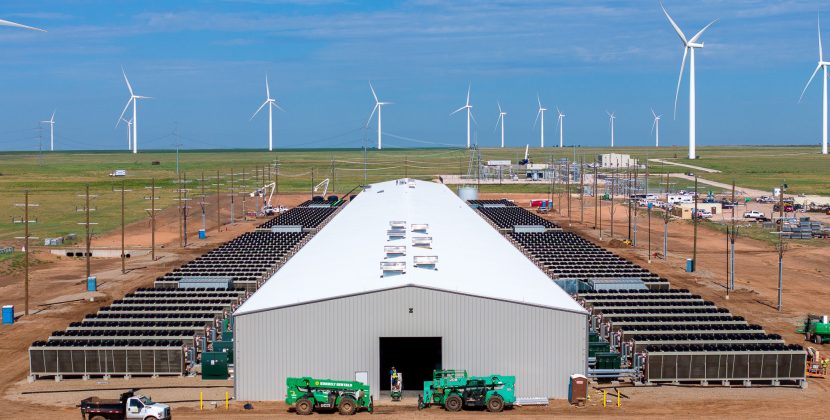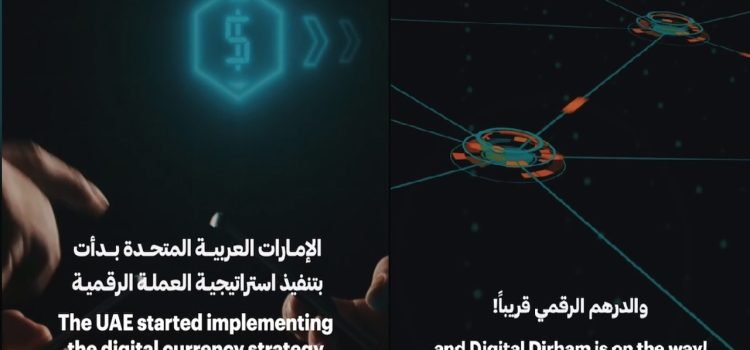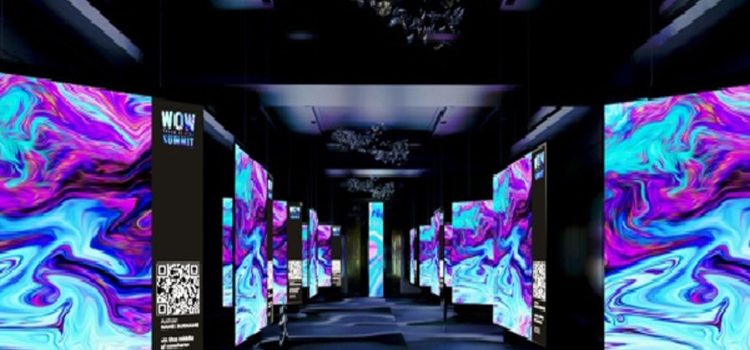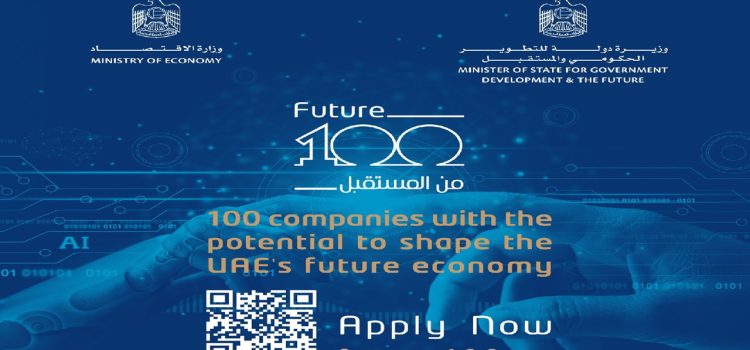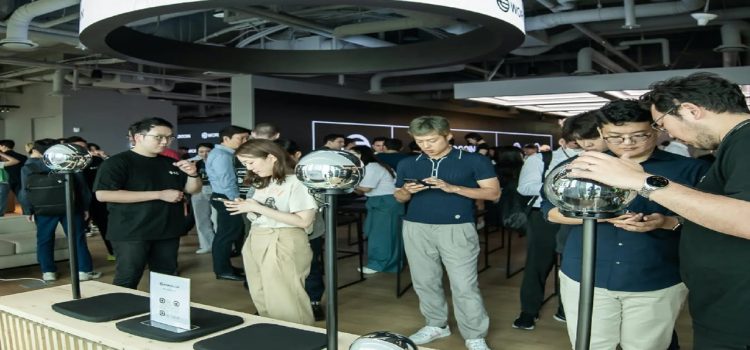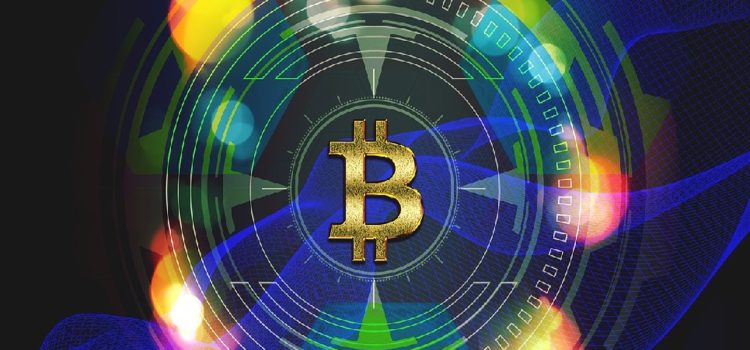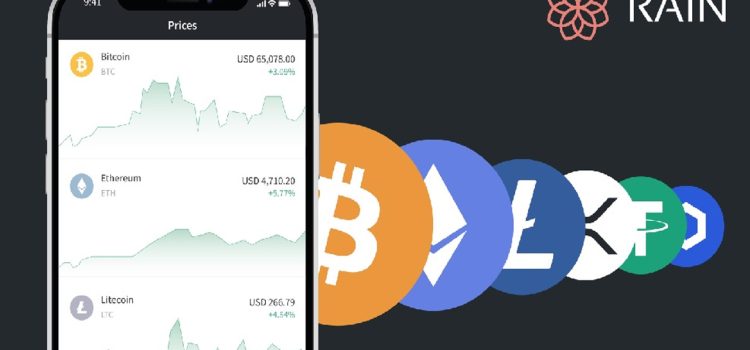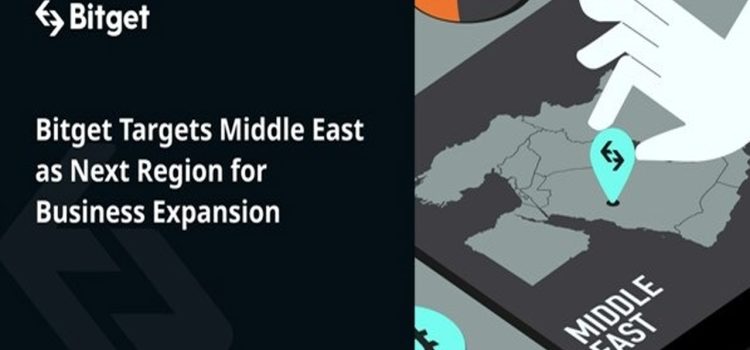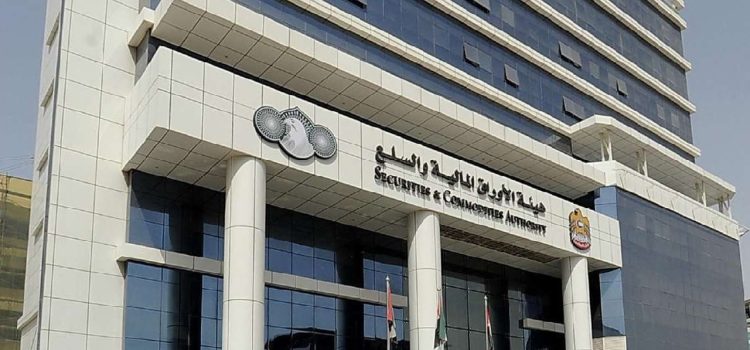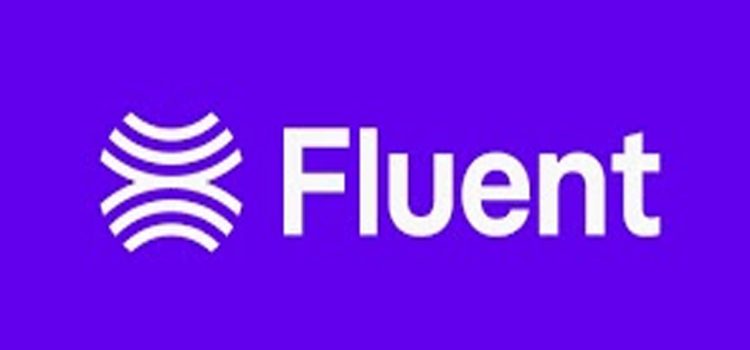
In a recent LinkedIn post, the UAE Ministry of Finance praised Fintechs and technologies such as AI Big Data and Blockchain and their role in redefining payments stating in a video that the launch of digital dirham soon. The digital dirham project is the CBDC project being developed within the Central Bank of the UAE.
As per the post, “Fintech, the cutting-edge integration of digital technology into financial services is reshaping the future of finance. From AI to Big Data and blockchain, fintech innovations optimise investments and redefine payments.”
In the video the UAE Ministry of Finance states, “ The UAE has started its digital currency strategy and the digital dirham is on the way!”
In April 2023, it was announced that R3 was chosen by UAE Central Bank as its technology partner to design and build a CBDC for the first phase of the central bank’s CBDC project because it is a permissioned based DLT (Distributed Ledger Technology) that decentralize assets privately and works well in regulated industries, but more importantly is its interoperability and asset fluidity. R3 will not only assist UAE’s Central Bank in developing a CBDC but also in tokenizing financial and non-financial activities, in addition to the digitalization of other financial services.
The Central Bank of UAE announced on March 23rd 2023 that it had commenced the implementation of its CBDC strategy in partnership with technology entities, UAE based G42 Cloud and Blockchain global solution provider R3. R3 then followed this with its own press release on April 4th 2023 explaining on the UAE Central Bank CBDC project including as well Clifford Chance who will be providing critical legal oversight for the strategy.
Blockchain technology offers tremendous potential for the banking and financial services industry, and it’s estimated to create $3.1 trillion in new business value by 2030 across all sectors.
79% of those in financial services believe that blockchain and digital assets will be important to the industry over the next two years.
It would seem that the UAE Ministry of Finance is preparing and readying the public for the launch of UAE’s CBDC the digital dirham,

